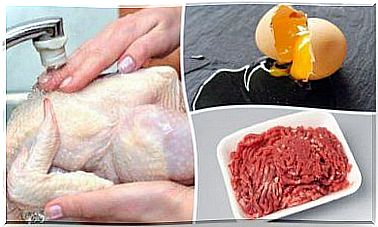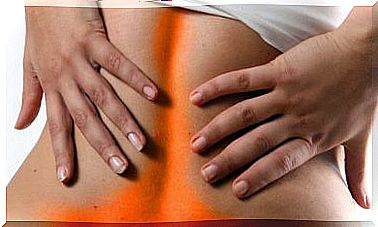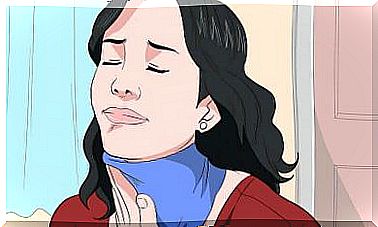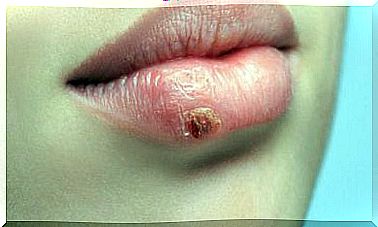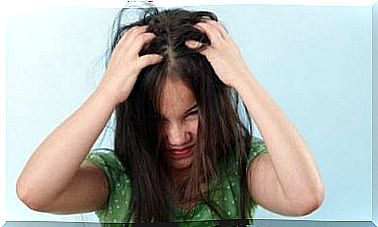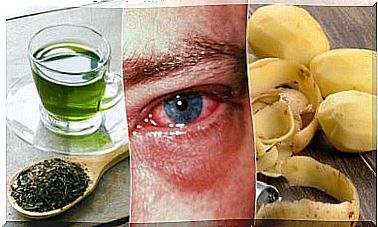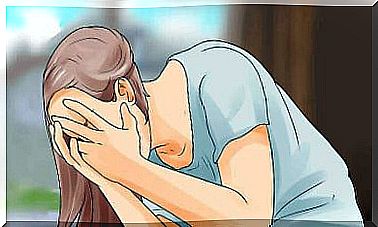Treatments For Overactive Bladder In Children
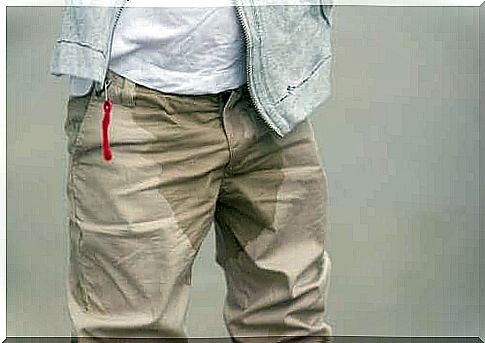
Overactive bladder in children is a syndrome that causes an urgent urge to urinate. In some cases, the need is so urgent that it is difficult to regulate and can even cause involuntary urination.
While this condition can affect both adults and children, this article focuses on childhood overactive bladder syndrome, its causes, its diagnosis, and its treatment.
An overactive bladder in children
An overactive bladder is a syndrome that causes an urgent urge to urinate frequently. Normally, it is accompanied by an increase in the frequency of urination. It is also the second most common cause of bladder problems in children after urination.
In many cases, the intensity of the urge makes it impossible to hold back urination. Therefore, the child may accidentally urinate or have urine leakage. This can also cause serious problems in the child’s life, negatively affecting their social or emotional life.
In fact, if the child urinates frequently accidentally, the child may begin to avoid or refuse to participate in various activities or events for fear of accidentally urinating in front of others. Therefore, it is important to be aware of the symptoms and see a specialist as soon as possible.
Symptoms
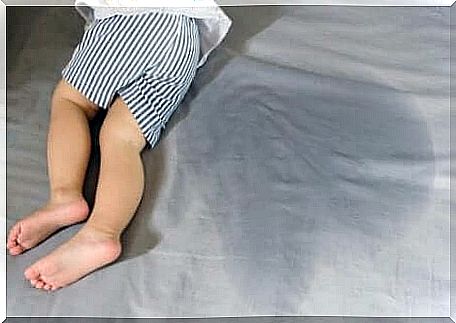
First, it is important not to confuse an overactive bladder in children with other conditions, such as bedwetting. The main difference between the two is that an overactive bladder can occur at any time of the day.
In general, you will see the following symptoms:
- urinate more than eight times a day
- difficulty controlling the need to urinate
- urine leakage
- sitting cross-legged or in a different position to try to prevent urine leakage
- in extreme cases, urinary incontinence, or the inability to control urination
- symptoms can lead to distress or affect the child’s normal life
The Causes of Hyperactive Bladder Syndrome
Current theory indicates that overactive bladder may be associated with late maturation of the central nervous system. Once the bladder is filled, the bladder inhibition reflex is not properly activated.
This problem may be related to the child’s physical conditions, such as urinary tract abnormalities, bladder or kidney infections, and lack of central nervous system maturation. However, it can also be related to other conditions, such as constipation.
In some cases, it’s because the child hasn’t learned to properly control urination (a process that usually begins at the age of three to five). Without learning to control the sphincter, the child will not be able to control urination properly.
Also, conditions such as mental, behavioral, learning or anxiety disorders can lead to an overactive bladder in children.
Diagnosis
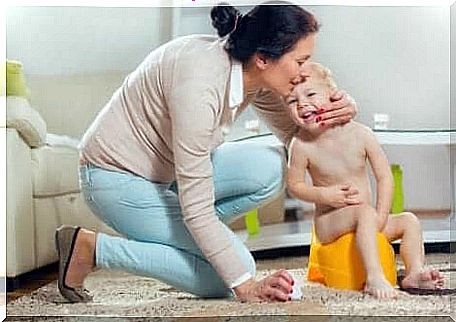
To diagnose overactive bladder, the doctor should perform the following tests and examinations:
- Complete medical history of both the parents and the child (if applicable). When explaining the medical history, you should go into detail about the urination habits. You may be asked to keep a “wetting diary” that records the frequency and intensity of the child’s urination. The doctor will also discuss any triggers.
- Physical examination. This examination includes a check of the urinary tract and some tests to check the functioning of the nervous system.
- Urinalysis. This involves checking for any infections.
- Based on the results of the above tests, the doctor may also perform an ultrasound or other urodynamic studies to rule out other major problems.
Therapy
The treatment of overactive bladder in children will always depend on the causes. For example, if it is caused by constipation, treatment will focus on resolving constipation.
The most common forms of treatment are in any case:
- Bladder training. This may include programming urination (times per hour), urinating twice when going to the bathroom, or relaxing the pelvic muscles.
- In some cases, the doctor may recommend medical treatment (usually oxybutynin). This will help relieve symptoms until the child learns to control the sphincter effectively. Once the child has good control of the sphincter, this will help prevent future urinary tract infections.
- Parental Support. Under no circumstances should parents scold or punish the child. An overactive bladder is not voluntary. Rather, you must be patient, understanding, and supportive. For example, motivation tactics can even be established, such as rewarding the child if he or she successfully follows the program.
Conclusion
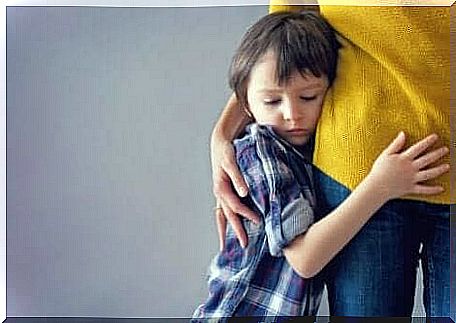
It is important to pay attention to the symptoms of an overactive bladder. As we have explained, it can negatively affect the child socially and emotionally and eventually lead to self-esteem issues.
That is why it is important to see a doctor if symptoms or signs associated with this syndrome appear. This allows physical problems leading to this syndrome to be treated quickly or ruled out and the symptoms treated and resolved.
In any case, parental support is very important. Therefore, a constant visit to the bathroom or accidental urination should never be accompanied by criticism, sarcasm or name-calling. On the contrary, constant support, patience and understanding are very much needed.
